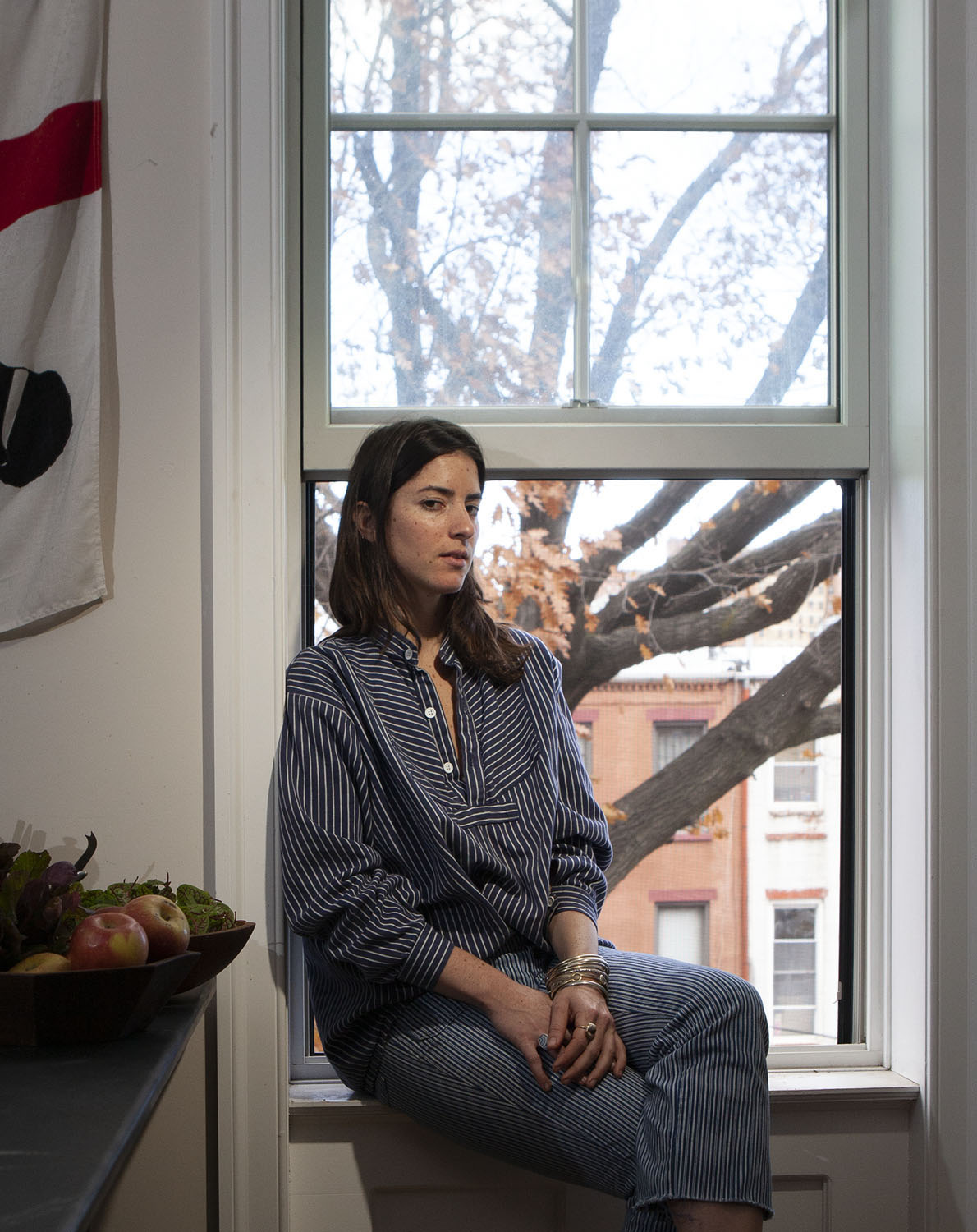
Like much of everything in 2019, what we eat and drink has become inherently political, but perhaps even more telling is how we eat. We’ve gathered here a group of creatives working with food and confronting issues like sustainability, cultural autonomy and racial injustice, activating new forms of community in the process. It’s no coincidence that many arrived here from art schools, bridging the gap between kitchen and museum in ways that are increasingly elastic. The group is young, fluent in social activism and drawn to forms of inclusion that are particularly necessary in our fractured society.
Alida Borgna “The food I make is an expression of the place I’m in,” says Borgna over the phone from Tuscany. The 27-year-old NY-based chef is traveling throughout Italy with her all-female food collective, The Taste of Memory, to shoot a documentary on the sagra, a series of community-run food festivals centered on regional dishes and ingredients. Borgna sees the local gatherings as a form of “joyful activism,” a glimpse into the potential of a more communally-engaged food culture. As a chef, “I want to create spaces where I am breaking boundaries for people and trying to encourage them to interact with each other,” she says. From Touching Taste(buds), a supper club run with cooking partner Gabrielle Badawy that encourages diners to be more conscious consumers, to constructing meals centered around “edible landscapes,” forcing diners to consider “the fragility of the landscapes we live in,” Borgna sees food as a two- pronged approach. “I’m making something that is going to sustain you,” she says, “but it’s also often meant to be a challenge and provocation.”
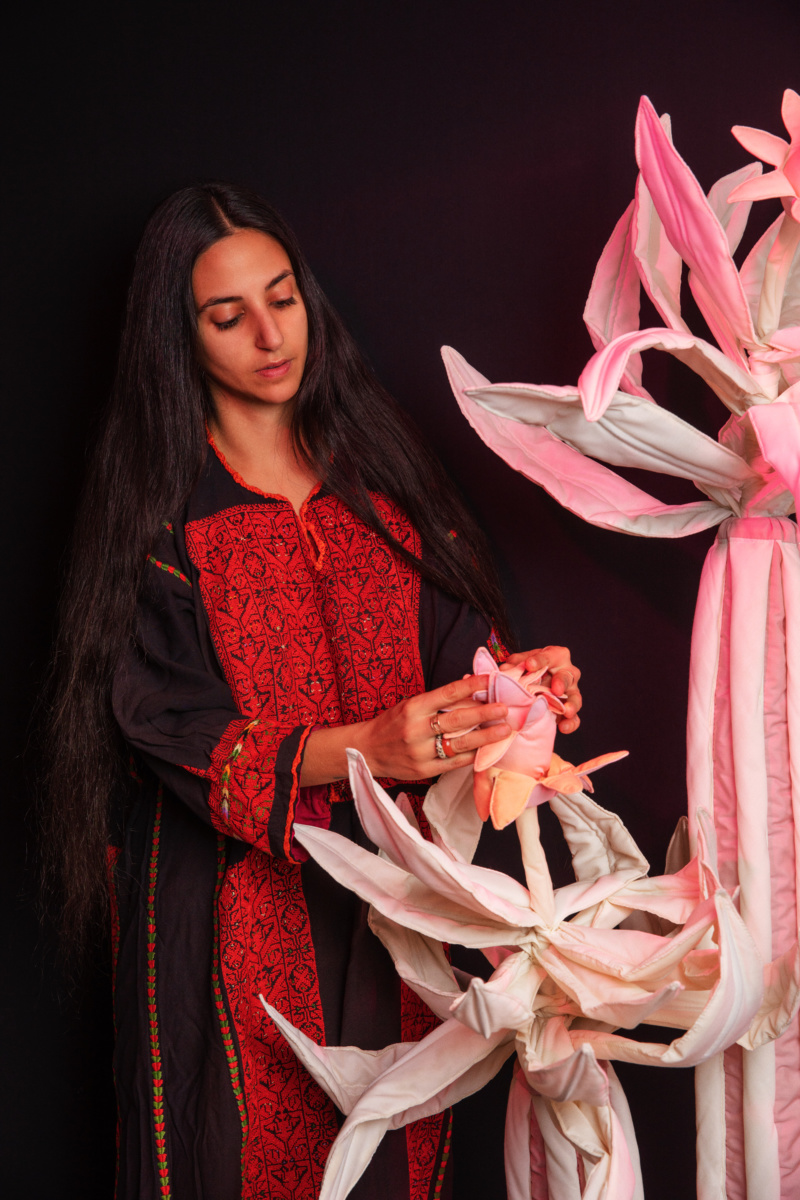
Amanny Ahmad For Ahmad, a 29-year-old artist and self-taught chef, food is a language that allows her to have difficult conversations. Last summer, through the menu at her month-long residency at the Lower East Side restaurant Dimes, the Cooper Union graduate addressed her Palestinian identity in relation to the devastation of agricultural land, culinary theft and colonialism. But she also managed to make the dinners festive, celebratory, even—a rebuttal to the idea that Palestinian representations revolve solely around trauma. “Through the culinary I could address issues in a way that was really affirmative of Palestinian culture and identity, rather than in an aggressive, argumentative way,” says Ahmad, who was born in Salt Lake City to Palestinian immigrants. Her incorporation of foraging into her culinary practice is another cultural affirmation, a skill she cultivated as a child during trips to her family’s village in the West Bank. In searching for ingredients, Ahmad is looking for new ways to communicate. “Ingredients are words in a sentence structure,” she says. “It’s a vocabulary that I can shift around and do weird things with to communicate ideas.”
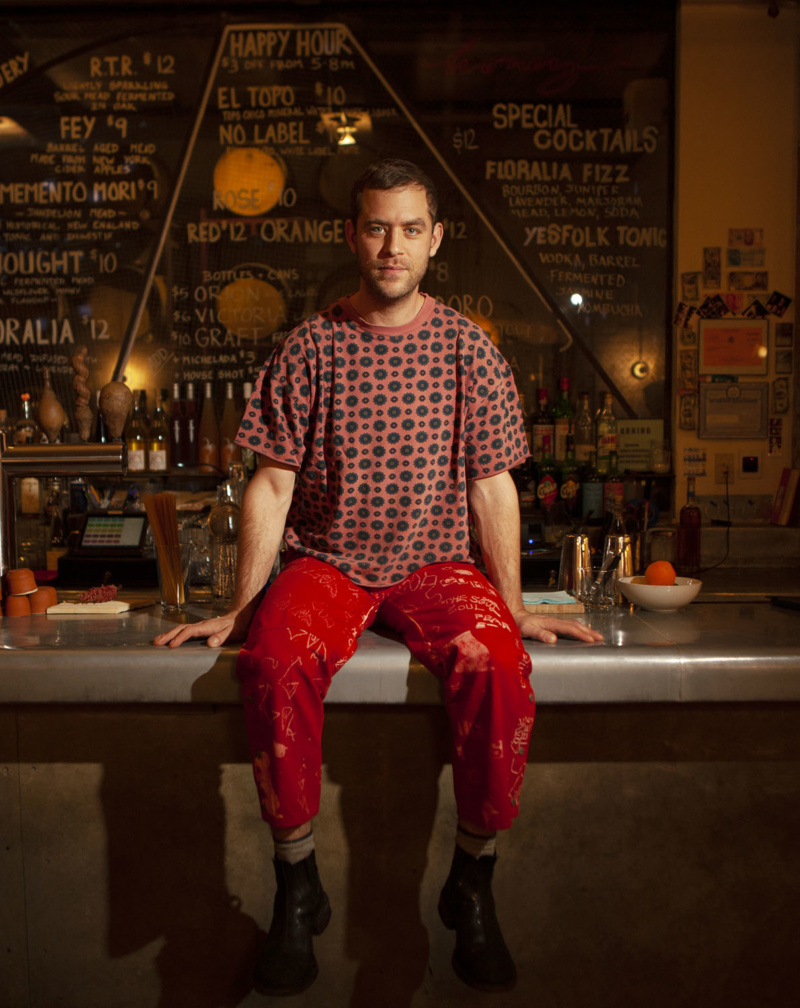
Arley Marks A few summers ago, Marks felt compelled to taste the seawater while spearfishing in Montauk. He was surprised that it contained “a lot of umami,” comparing the “complex flavor” to that of an oyster. He incorporated the water—which he extracts from the same spot, five gallons at a time—into a drink called the Ocean Martini: pasteurized sea water, Material vodka and a splash of vermouth. It’s his favorite cocktail at Honey’s, the buzzy mead bar he manages in Bushwick—connected in turn to New York’s first meadery, Enlightenment Wines, which he co-owns with Raphael Lyon. Foraging sustainable ingredients and combining unexpected flavors informs the 34-year-old’s approach to drink making, as does his background in sculpture and furniture design. When Eckhaus Latta unveiled their exhibition at the Whitney Museum this summer, Marks built a punch bowl out of a deconstructed flat-screen television that illuminated his cocktail—watermelon, coconut water, bitters and Material vodka—with an iridescent fuchsia. Whether it’s developing the drink menu for Mission Chinese Food’s first opening or for one-off events for White Castle, he approaches drink-making from multiple angles: “I think of them as individual sculptures.”
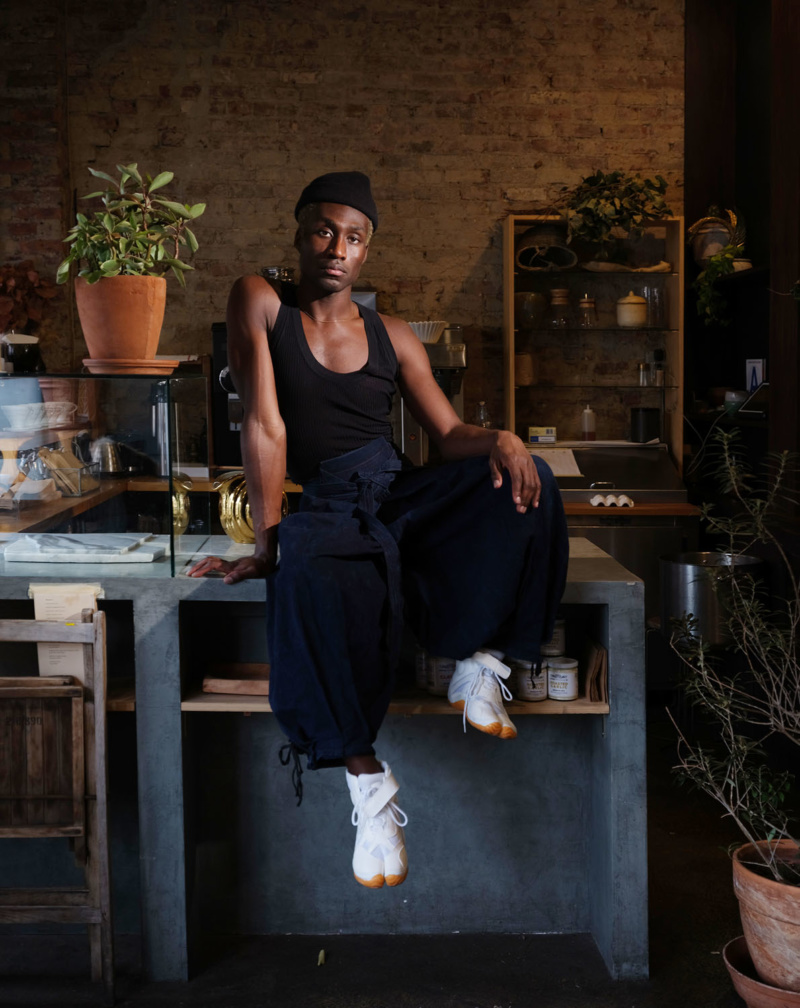
DeVonn Francis “When people hear about my company and hear ‘healing’ they think I’m going to tell them the 10 ways aloe is good for their hair and skin,” says Francis, the 25-year-old founder of Yardy, a NY-based events platform that uses food to activate and heal queer and migrant communities of color. “That’s not what I mean at all.” Instead, through dinner parties that fuse elements of performance art and Black radicalism, Francis is interested in holding space for marginalized bodies and forgotten histories. In the process, he’s reconciling the dislocation he experiences around his identity as a queer first-generation Jamaican American. At a dinner last May—he served pepper shrimp with a squid ink aïoli—headphones seemed to sprout from the soil of unpotted plants presented against the space’s white walls. They contained candid recordings from women in his family about immigrating to America. “What I think about when I say ‘healing’ is mending,” says the Cooper Union graduate. “How can I weave together this idea of our history, our memory, as a people?”
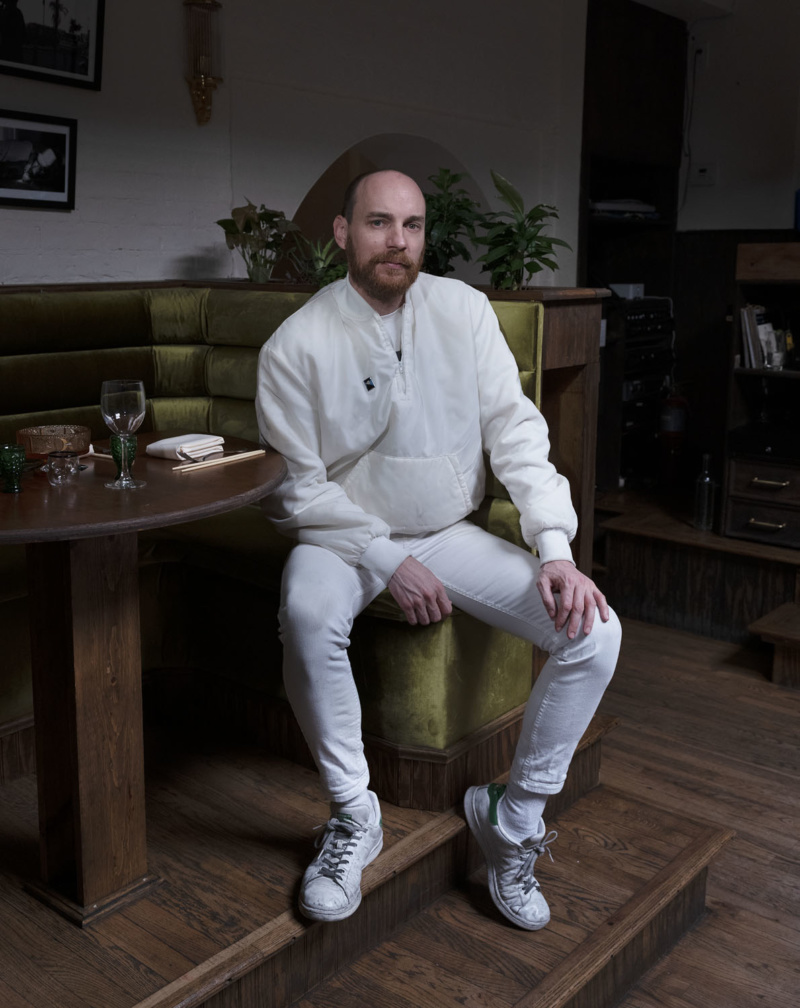
Michael Stember When he was a freshman at Stanford, Stember became a sushi fanatic for one simple, if highly ambitious reason—to qualify for the 2000 Sydney Olympics. Suspicious of carbo-loading, the captain of the university’s track team hosted weekly dinner parties with his teammates, a kind of “sushi art club” fusing elements of performance art with the high-octane protein of sustainable raw fish. Stember made it to Sydney, and after retiring from the sport he founded Sushi Belly Tower, an underground dinner series. The roving international pop-up, which sometimes took place in Stember’s Los Angeles loft, was animated by spectacle—the self-taught chef would break down an 18-pound aquacultured salmon into artfully constructed sashimi platters drizzled in nut oil, as a live band played cuts from Nirvana and the Talking Heads. “It was an adventure,” says Stember, who’s 40, “and I cared about that adventure so much.” Today he’s replicating that spontaneity at Ponyboy, his new bar, restaurant and concert venue in Greenpoint. From the open kitchen, Stember serves up modestly priced fish tacos next to his upwards-of-$300 omakase—delivered with the gusto of a natural showman. “It’s definitely a show, and the kitchen’s a stage,” he says. “Everyone’s watching.”


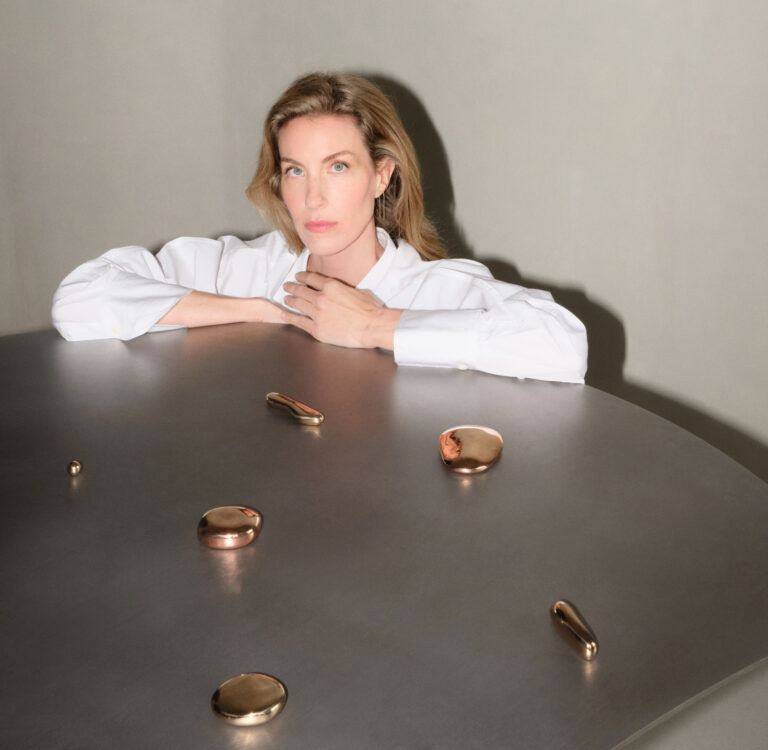







 in your life?
in your life?

